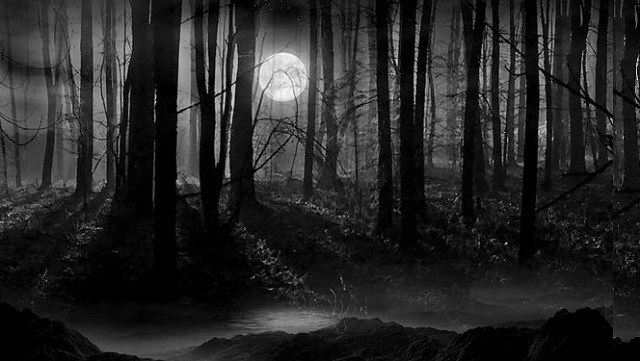FWP:
On the ambiguities of kyūñkar , see {125,1}.
The commentators point to the sleight-of-hand play of opposites. Anyone vouchsafed a day as black as the speaker's would surely call the night 'day' by comparison-- if he would not do so, then 'how would it be'? Which gives us two possibilities: first, the obvious one of 'How would it be possible that he would not do so?' The answer to this rhetorical question naturally is, 'Of course he would do so! How could he help but do so?!'
But there's also the second, more open-ended reading: 'How
would it come about that he would not do so?' What might cause him to refrain
from confusing his black 'day' with 'night'? Well, maybe his nights are even
blacker and more unimaginably terrible than his days; thus he would still
have a basis for comparison, and would not be led into confusion. Or perhaps
he might lose the concept of 'day' altogether, and thus have nothing to contrast
his 'night' with (as in 'been down so long it looks like up to me'). Or perhaps in the inconceivable bleakness of his life even words and
concepts might have deserted him. There may be other possibilities, of course.
Ghalib leaves us to imagine them, and he's locked us into a box in which none
of the choices are anything other than bleak.

Hali:
What must the blackness of that day be like, compared to which even night seems to be day?
==Urdu text: Yadgar-e Ghalib, p. 154